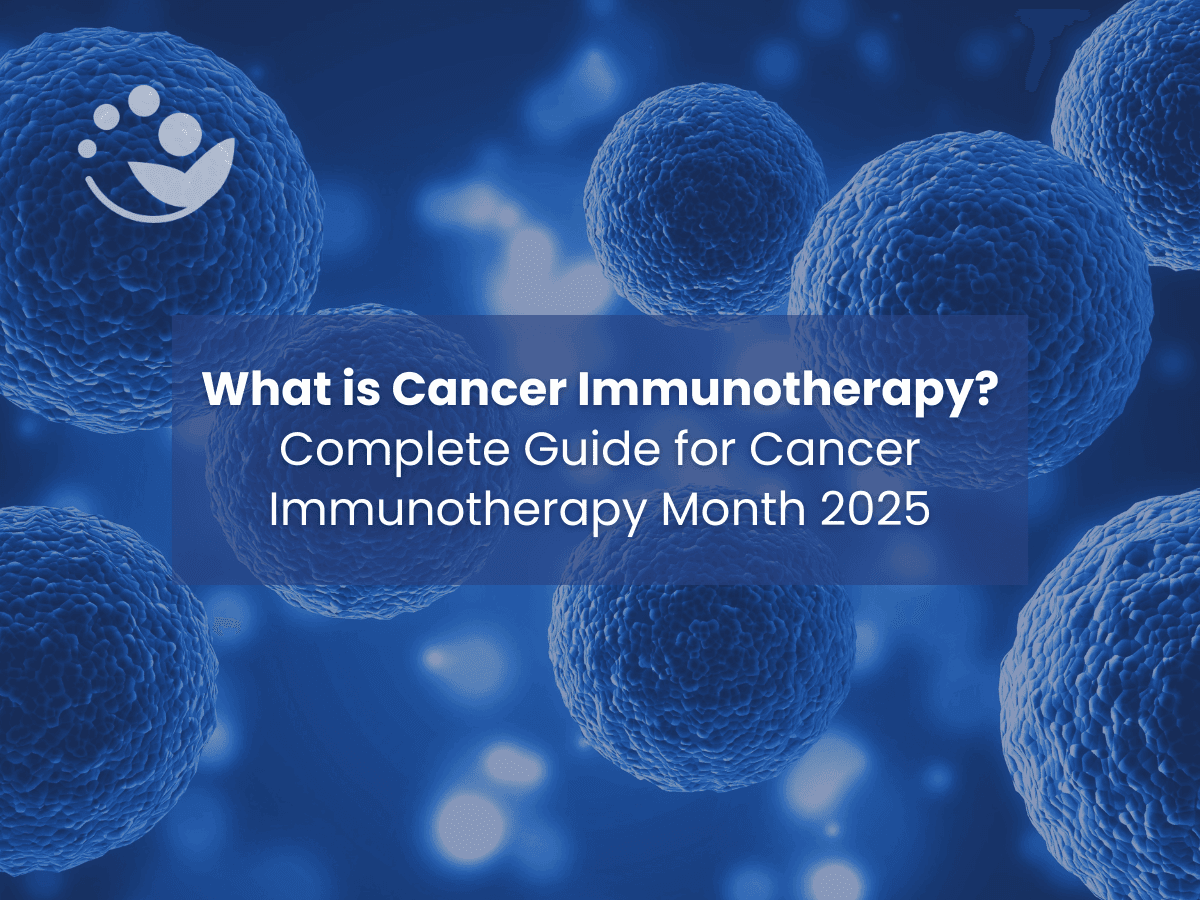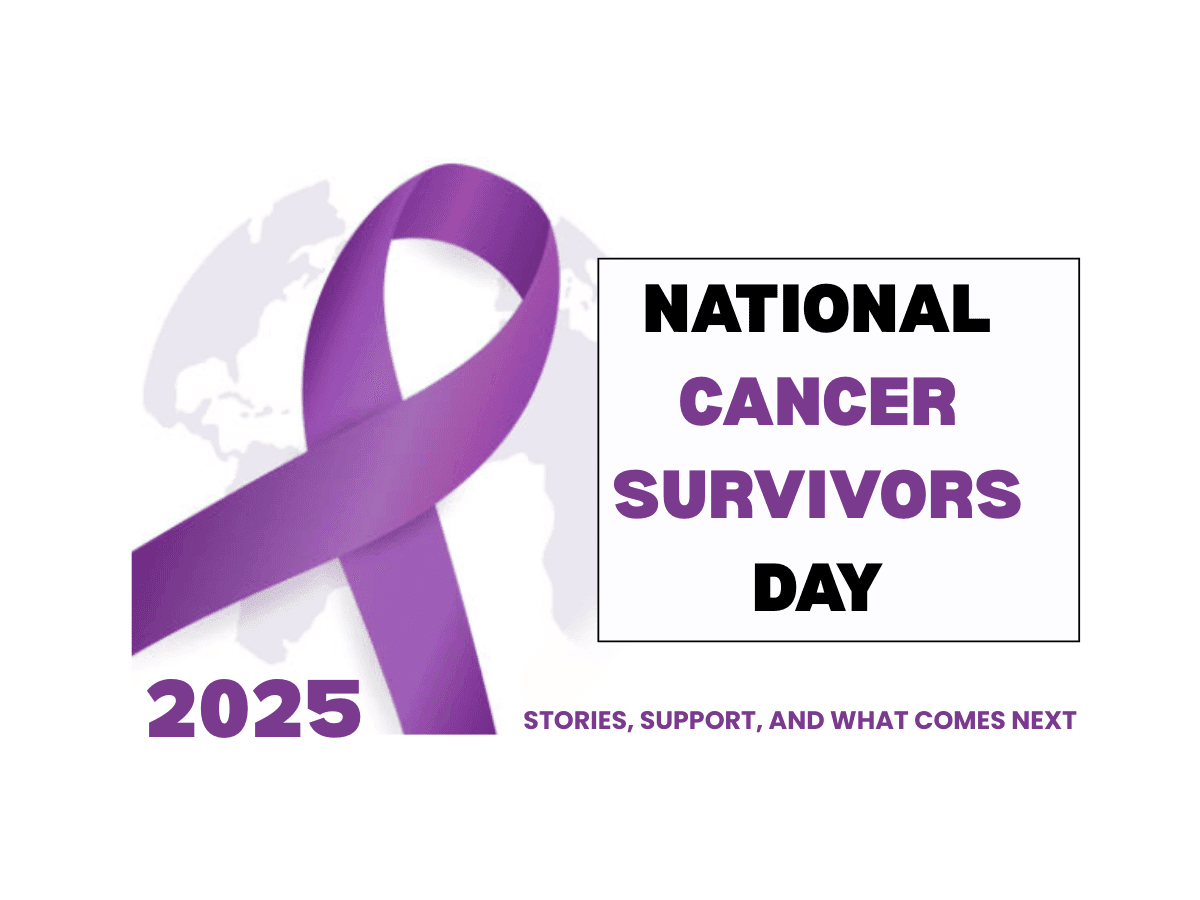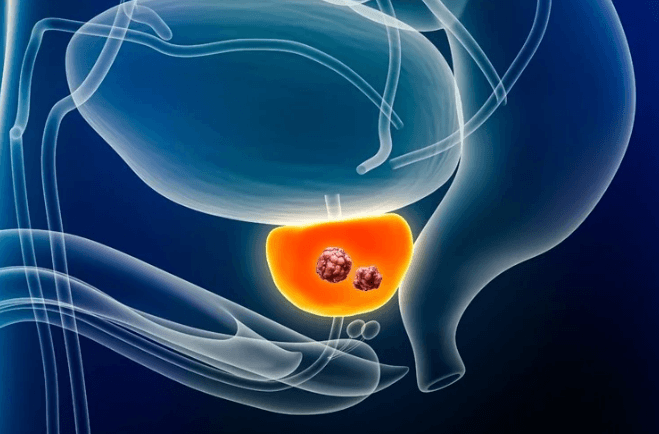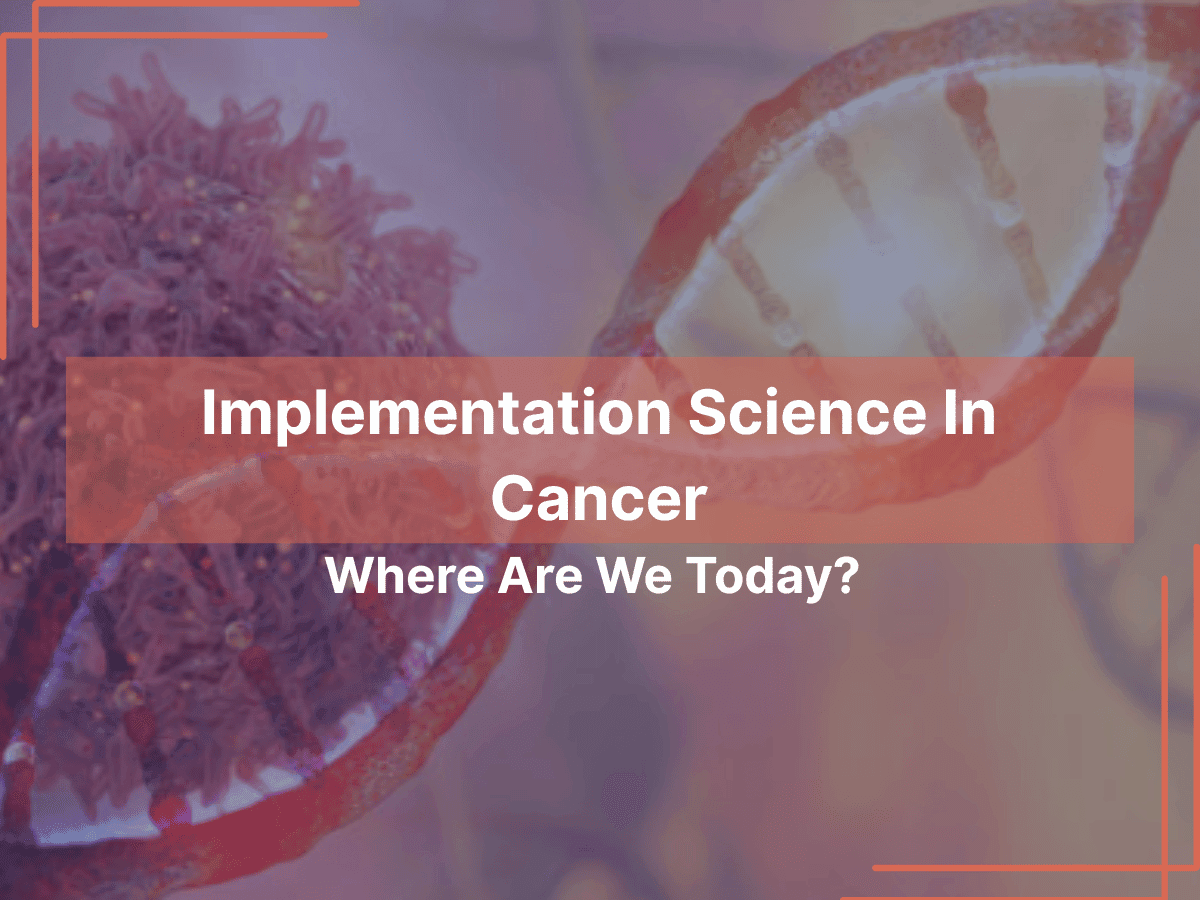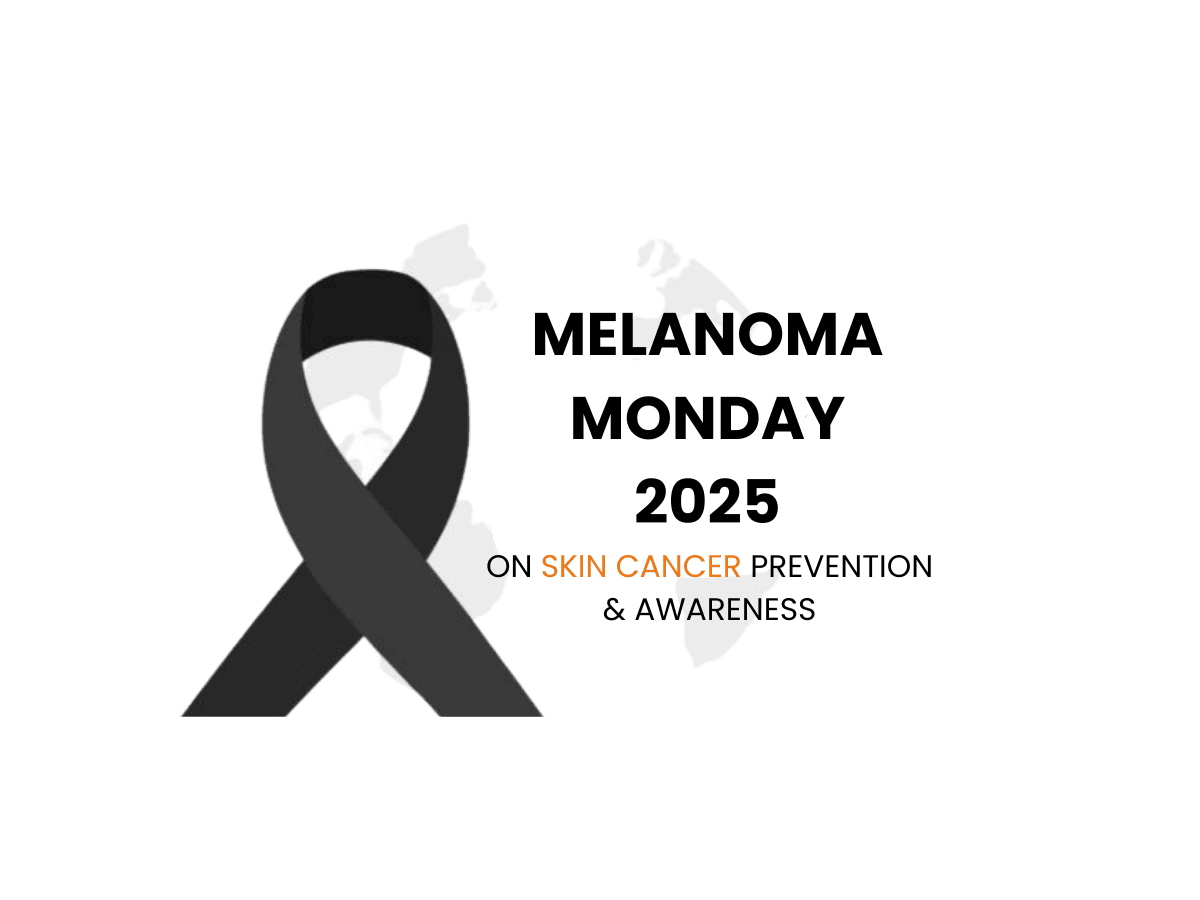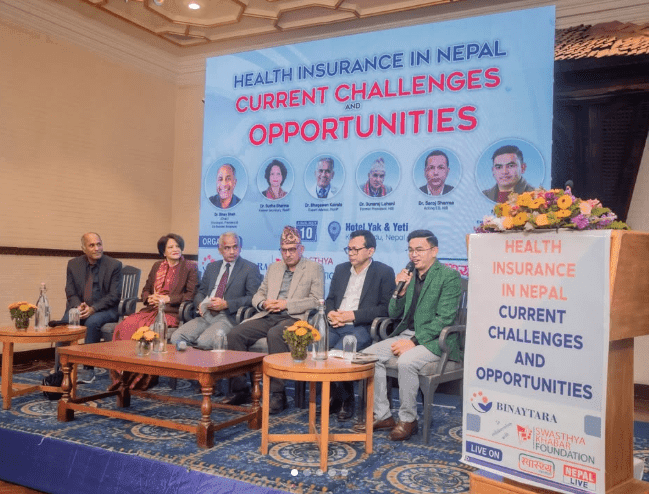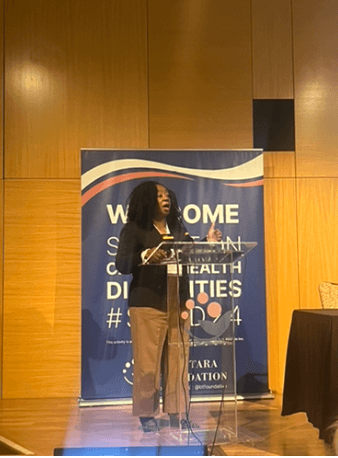
Top Oncology Innovations That Shaped the First Half of 2025
As 2025 reaches its midpoint, several life-saving breakthroughs have emerged in the hematology/oncology field, developments that oncology professionals and patients alike need to know about.
In 2025, the American Cancer Society estimates that there will be 2,041,910 new cancer cases and 618,120 cancer deaths in the United States. This statistic is alarming and even much more so worldwide, as 9.7 million deaths were recorded globally in 2022. The World Health Organization’s International Agency for Research on Cancer (IARC) estimates that 1 in 5 people develop cancer during their lifetime, and about 1 in 9 men and 1 in 12 women die from the disease.
So this can happen to anyone. But there is good news. Although the global cancer burden keeps growing, scientists are actively working to improve cancer treatment and diagnosis, leveraging the latest technological advancements.
Here are some of the top advances in oncology in the first half of 2025 that are set to shape cancer care and delivery, potentially improving patient outcomes.
Precision Medicine
Precision medicine, or personalized medicine, is a form of care that uses information about an individual’s genes, proteins, environment, and lifestyle to prevent, treat, or diagnose disease. Trends in precision medicine in 2025 reflect a major shift in healthcare delivery. In 1990, the Human Genome Project began with the goal of mapping the complete DNA sequence of humans. After its completion in 2003, it became one of the greatest feats of exploration in history, pioneering the possibility of accessing personalized medicine.
Now, advances in genomic technologies, like Next-Generation Sequencing (NGS) and biomarker analyses, enable the precise identification of actionable targets for prevention and treatment strategies.
A lead researcher from the University of California, San Diego, recently developed DeepHRD, a deep-learning artificial intelligence tool designed to detect homologous recombination deficiency (HRD) characteristics in tumors using standard biopsy slides. DeepHRD can help identify patients who may benefit from targeted treatments like PARP inhibitors and platinum-based chemotherapy. It has been reported to be up to three times more accurate in detecting HRD-positive cancers and has a negligible failure rate compared to current genomic tests, which have failure rates of 20–30%.
Beyond diagnostics, the benefits of precision medicine extend to cancer outcomes. One retrospective study conducted at multiple cancer centers evaluated patients with breast, lung, and pancreatic cancer who had undergone precision medicine interventions. The results showed significantly improved overall survival compared to patients who received only standard therapies. Although precision medicine can be more expensive, the study reported that it led to a better quality of life for patients.
At the heart of these advancements is artificial intelligence (AI). AI-driven tools are being used to enhance diagnostic accuracy, predict outcomes, and optimize treatment plans for individual patients. For instance, pharmaceutical companies are now using AI to analyze the entire cancer genome and identify promising treatment targets for specific patient populations. By integrating complex datasets, AI uncovers patterns that support highly tailored treatments for cancer patients.
Overall, precision medicine is poised to continue pushing the frontiers of oncology in 2025 and beyond.
Artificial Intelligence Across the Cancer Care Continuum
When asked what will be the most impactful application of AI, visionaries like Bill Gates and Sam Altman often point to healthcare.
Beyond precision medicine, artificial intelligence (AI) now has its feet deep in several areas across the cancer care and delivery pipeline. A term coined nearly 70 years ago, AI uses computer processes to mimic the way humans think to accomplish various tasks. In 2025, the integration of AI in cancer diagnosis and treatment has the potential to revolutionize the medical oncology practice. Not only can it help with predicting the risk of cancer recurrence, but it can also streamline the design, recruitment, and analysis of clinical trials. Let’s take a look at recent AI advances in different areas of oncology this year.
AI for Cancer Detection and Diagnosis
Early detection and diagnosis of cancer significantly improve outcomes. When cancer is found early, it is typically more treatable. As such, for certain cancers like breast, colon, and lung cancer, regular screenings—such as mammograms, colonoscopies, and low-dose CT scans—are recommended for individuals who meet specific criteria.
With the advent of AI, early cancer detection can be dramatically improved, enhancing the speed, accuracy, and consistency of identifying tumors. For example, a seminal study published in 2020 showed that Google Health’s AI outperforms human experts in interpreting mammograms. Fast forward a few years, and researchers are now developing AI-powered diagnostic tools to identify key biomarkers. Several AI models, such as Prov-GigaPath, Owkin’s models, and CHIEF, are being used for cancer detection imaging. Other latest technologies for diagnostics and biomarker testing include HistoPathXplorer for tissue biomarker detection, AlphaFold 3 for predicting treatment-relevant biomarkers, and Paige Prostate Detect for improving prostate biopsy interpretation.
AI for Treatment Planning
This year has seen a rise in the use of AI to guide cancer treatment planning and selection. This shift is driven by AI’s ability to process vast amounts of complex health data, data that would take humans decades to analyze. For example, Vanderbilt University Medical Center’s MSI-SEER is an AI-powered diagnostic tool designed to identify microsatellite instability-high (MSI-H) regions in tumors, which are often missed by traditional testing. This technology allows more gastrointestinal cancer patients to benefit from immunotherapy.
Similarly, AI is now being integrated into clinical decision-support systems. These platforms pull together all patient data, including lab results, pathology, imaging, and genomics, to generate evidence-based treatment recommendations, helping physicians make more informed decisions. In one recent study, researchers at Weill Cornell Medicine, in collaboration with Regeneron Pharmaceuticals, used AI to accurately group cancer patients by shared characteristics and predict treatment outcomes from health record data more effectively than any previous method. Ongoing studies continue to explore how AI models can forecast how different cancers will respond to new treatments, potentially reducing research costs and speeding up drug development.
AI for Clinical Trial Optimization
At its annual meeting this year, the American Society of Clinical Oncology (ASCO) highlighted the growing impact of AI in cancer research, underscoring AI’s potential to streamline clinical trial recruitment and data analysis. Clinical trials often involve repetitive and time-consuming tasks, such as patient screening, that AI-powered tools can help simplify. A major challenge in cancer research remains identifying eligible patients, interpreting complex data, and accelerating the long process from discovery to clinical implementation. AI is now addressing these barriers through automated patient matching, predictive analytics, real-time monitoring, data integration, and improved data quality. For instance, in June 2025, the City of Hope introduced an AI platform called HopeLLM to assist physicians in summarizing patient histories, identifying trial matches, and extracting data for research. Similarly, in March, TrialX reiterated its vision of using AI to streamline patient recruitment and engagement in a patient-centered way while ensuring accuracy and inclusivity.
Advances in Cancer Immunotherapy
Immunotherapy has been making moonshot strides in advancing cancer treatment. Whether it is CAR T cell therapy or antibody drug conjugates (ADCs), hundreds of clinical trials in cancer immunotherapy are reporting their promising potential and outcomes. Of the 28 FDA approvals announced so far in 2025, 12 are immunotherapy drugs, further underscoring its growing role in cancer treatment. Several reported success stories have detailed how much hope immunotherapy offered patients with cancer, demonstrating not only its clinical potential but also its human impact. This year has been no different.
In 2025, advancements in cancer immunotherapy are centered on cellular therapies, antibody-drug conjugates, immune checkpoint inhibitors, and more. The promise of immunotherapy lies in its precision, like a guided missile, it targets and kills cancer cells while sparing healthy ones. Let’s take a look at some of the practice-changing breakthroughs in the field so far this year:
Immune Checkpoint Inhibitors(ICIs)
These are drugs that block the immune system from deactivating the “brakes” on cancer cells to stop uncontrolled growth. This year has seen a few ICI approvals. For head and neck squamous cell carcinoma (HNSCC), the KEYNOTE-689 trial reported a 34% lower risk of disease recurrence if patients receive perioperative pembrolizumab (Keytruda) along with standard therapy. Another ICI, retifanlimab-dlwr (Zynyz), was approved for patients with locally recurrent or metastatic squamous cell carcinoma of the anal canal (SCAC), the most common form of anal cancer.
Bispecific Antibodies
Bispecific antibody therapies have also gained traction in 2025. This type of targeted immunotherapy works by binding simultaneously to cancer cells and immune cells, helping the immune system mount a direct attack on the tumor. On July 2, 2025, a bispecific antibody called Lynozyfic was approved for the treatment of relapsed or refractory multiple myeloma in adults who have received at least four prior therapies.
Antibody Drug Conjugates
This form of immunotherapy links a cancer-killing drug to an antibody that recognizes cancer-associated proteins, selectively destroying cancer cells only. Some of the approved drugs in this category include Emrelis for non-small cell lung cancer (NSCLC), Datroway for EGFR-mutated NSCLC and certain HR+/HER2- breast cancer patients, Enhertu for unresectable or metastatic hormone receptor (HR)-positive, HER2-low or HER2-low breast cancer, and Adcetris combined with lenalidomide and rituximab for relapsed or refractory B-cell lymphoma.
Cellular Therapies
Adoptive cellular therapies, particularly CAR T-cell (chimeric antigen receptor T-cell) therapy, are significantly reshaping the cancer treatment landscape in 2025. Most CAR T-cell therapies are used for hematologic malignancies such as non-Hodgkin lymphoma, acute lymphoblastic leukemia, and multiple myeloma. In contrast, solid tumors like gastrointestinal, lung, and skin cancers are more commonly targeted by tumor-infiltrating lymphocyte (TIL) therapies and T-cell receptor (TCR) therapies.
This year, Stanford treated its first patient with a TCR therapy, Tecelra, the first FDA-approved engineered TCR therapy for metastatic synovial sarcoma. In the CAR T-cell space, while there have been no new FDA approvals for cancer indications so far this year, several clinical trials are actively investigating CAR T-cell therapies for both solid and hematologic malignancies.
The Other Side of Innovation: Limitations Facing Precision Medicine, AI, and Immunotherapy in Oncology
As it is with any medical innovation, there are limitations and challenges. Some of the setbacks facing precision medicine include high costs, limited access to advanced molecular testing, and the challenge of identifying actionable genetic alterations in all patients.
Similarly, in the AI-oncology arena, researchers have reported significant challenges. These include the need for large, high-quality datasets, variability in imaging quality, difficulties integrating AI tools into clinical workflows, and concerns about the transparency and explainability of AI-driven recommendations. Regulatory uncertainties, data privacy issues, and the potential for over-reliance on AI at the expense of clinical judgment further complicate adoption.
Among others, a longstanding issue with immunotherapy has been the adverse events, ranging from mild skin reactions and gastrointestinal symptoms to severe immune-related toxicities such as colitis, hepatitis, pneumonitis, and endocrinopathies. In particular, therapies like immune checkpoint inhibitors and CAR T-cell treatments can trigger immune responses that affect virtually any organ, sometimes requiring prolonged immunosuppression or leading to chronic health problems.
Structural barriers such as geographic disparities in healthcare access, limited transportation, shortages of specialized providers, and financial constraints are also recurring. These factors disproportionately impact vulnerable populations, leading to delayed diagnoses, reduced access to advanced treatments, and poorer outcomes. Addressing these barriers requires coordinated efforts to improve healthcare infrastructure, patient navigation, and support services.
Nonetheless, the aforementioned advances are set to change the course of cancer outcomes for decades to come.
About Author

Aishat Motolani, PhD, is the Assistant Communications Manager at Binaytara, a nonprofit that reduces cancer health disparities through global oncology programs and continuing education conferences for oncology healthcare professionals.
Works Discussed
-
BioSpace. (2025, June 16). As AI dawns in precision oncology, 2025 expected to be a ‘turning point’. BioSpace. https://www.biospace.com/drug-development/as-ai-dawns-in-precision-oncology-2025-expected-to-be-a-turning-point
-
Qiu, Q., & Ren, G. (2025, June 19). CAR T and beyond: The expanding pipeline and promise of cell therapies. Pharmacy Practice in Focus: Oncology, 7(4). Pharmacy Times. https://www.pharmacytimes.com/view/car-t-and-beyond-the-expanding-pipeline-and-promise-of-cell-therapies
-
Tiwari, A., Mishra, S., & Kuo, T.-R. (2025). Current AI technologies in cancer diagnostics and treatment. Molecular Cancer, 24(1), Article 159. https://doi.org/10.1186/s12943-025-02369-9
-
LifeBit. (2025, June 8). Precision medicine trends 2025: Top 6 powerful positive shifts. Lifebit. https://lifebit.ai/blog/precision-medicine-trends-2025/


